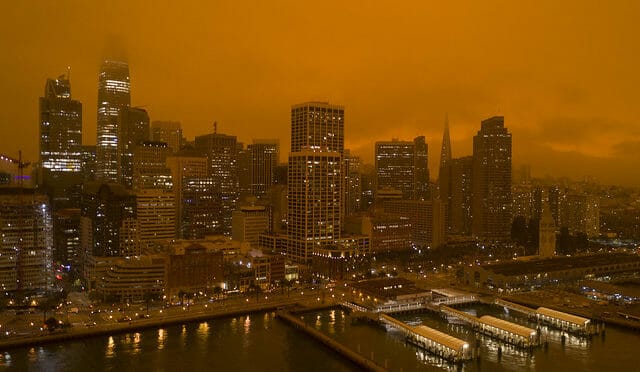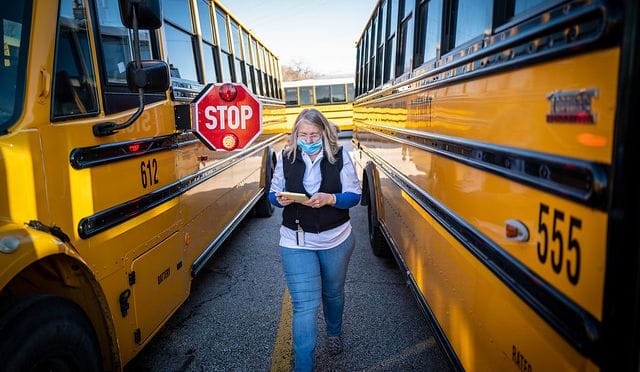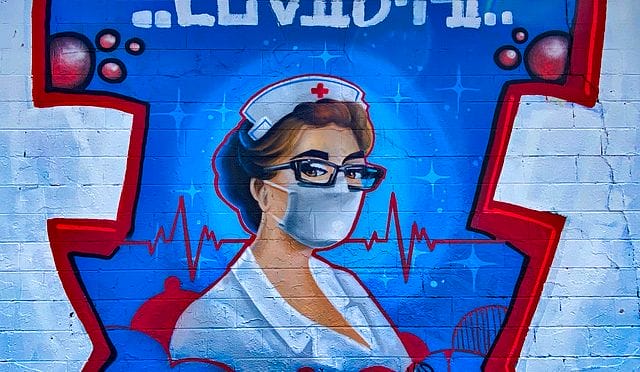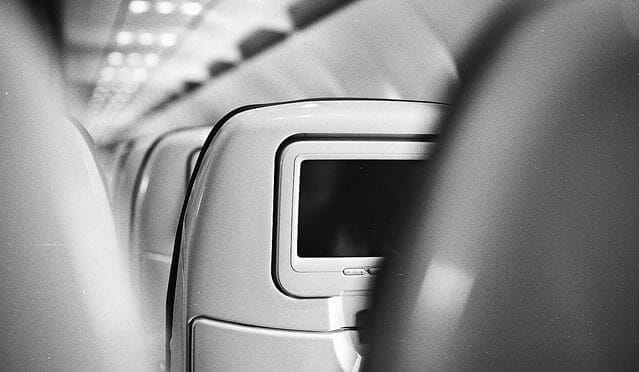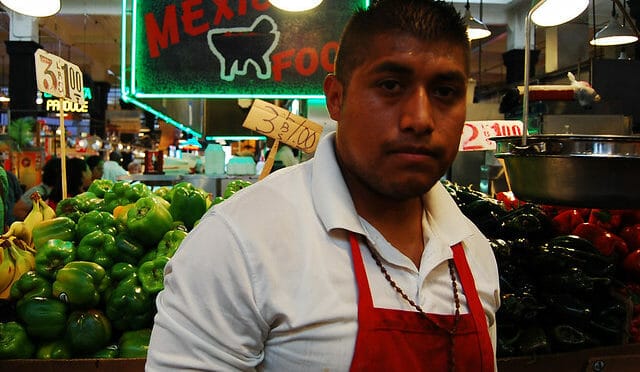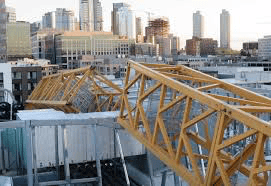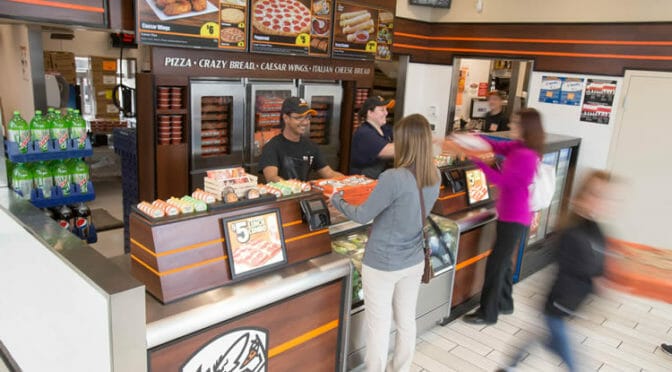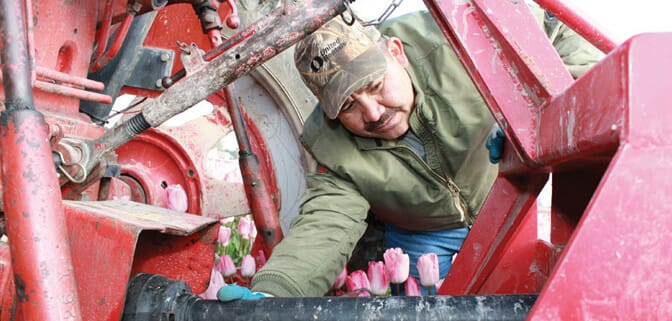Washington State is among the first to begin developing wildfire smoke worker-safety rules.
Wildfire Smoke Exposure is a Problem for Workers
The number of acres burned by wildfires in our state each year is increasing. Smoke from the Western wildfires last month left Washington with some of the worst air quality in the world at times, according to the Environmental Protection Agency.
For outdoor workers in construction, agriculture, and other jobs, being exposed to the bad air and the health risks that came with it was especially concerning as they reported to work each day.
What’s Being Done
To help these and other workers, the Department of Labor & Industries (L&I) is developing new workplace safety and health rules regarding wildfire smoke. This week, L&I filed the official notification, known as a CR-101, the first step in the rulemaking process.
“It’s clear that wildfire smoke isn’t a short-term issue. It impacts all of us, but is especially concerning for workers who have to be outside and breathe it in all day long,” said Craig Blackwood, deputy assistant director, Division of Occupational Safety and Health.
“By developing clear rules that spell out the safety and health requirements related to protective equipment and training, we can help businesses protect workers from these serious hazards,” said Blackwood.
Smoke from wildfires contains chemicals, gases and fine particles that can harm health. The health hazards continue even after fires are extinguished and cleanup work begins.
Some of the issues expected to be addressed in the new wildfire smoke worker-safety rules include:
- identification of harmful exposures;
- training and instruction; and
- control of harmful exposures.
Washington is just the second state to formally undertake rulemaking regarding workers and wildfire smoke. California was the first, adopting wildfire smoke worker-safety rules in 2019.
You can Provide Input to the Process
L&I plans to hold meetings in the next few months to begin gathering information from stakeholders to help create an initial draft wildfire smoke rule. Like all rulemaking processes, once there is an official draft rule, there will also be opportunities for public input.
